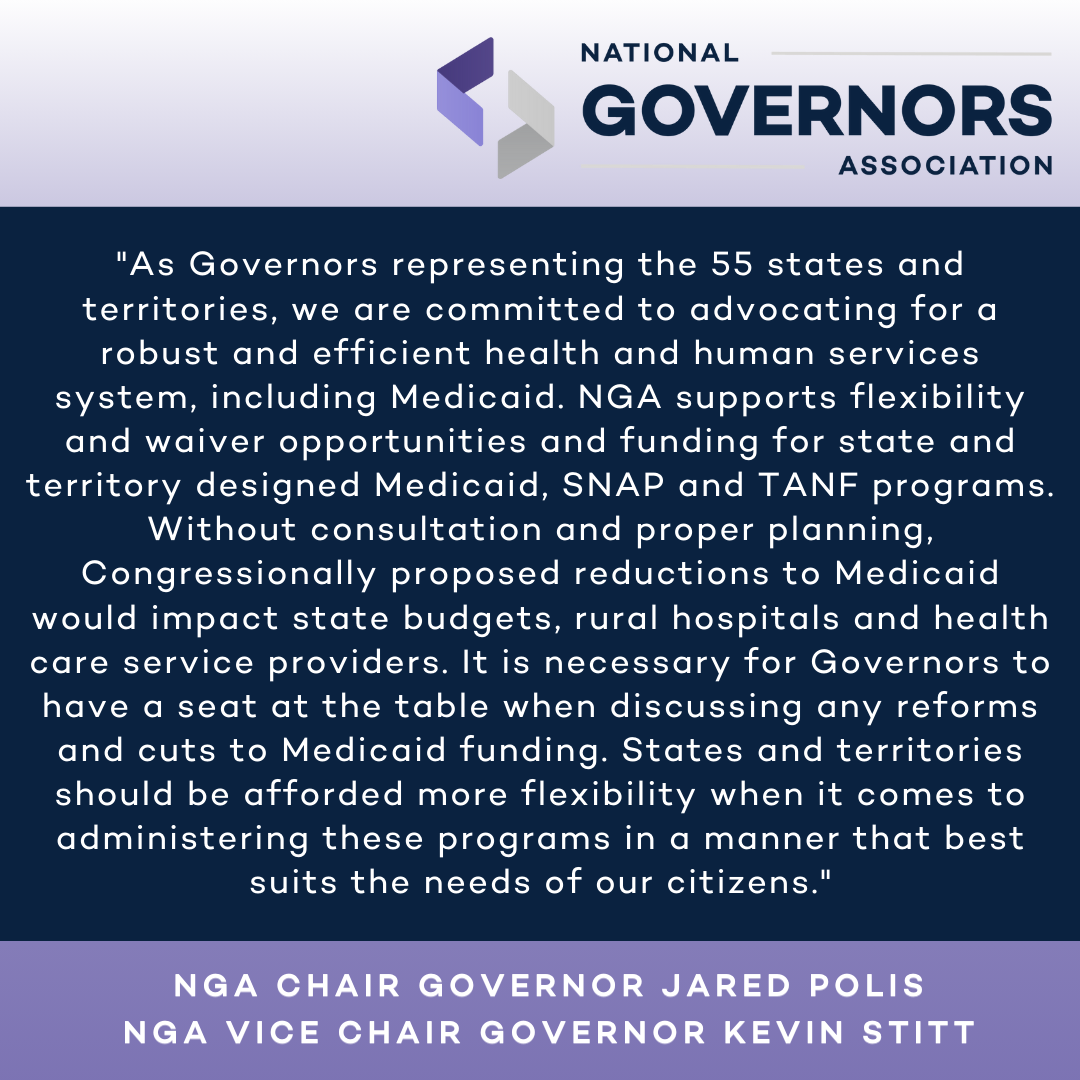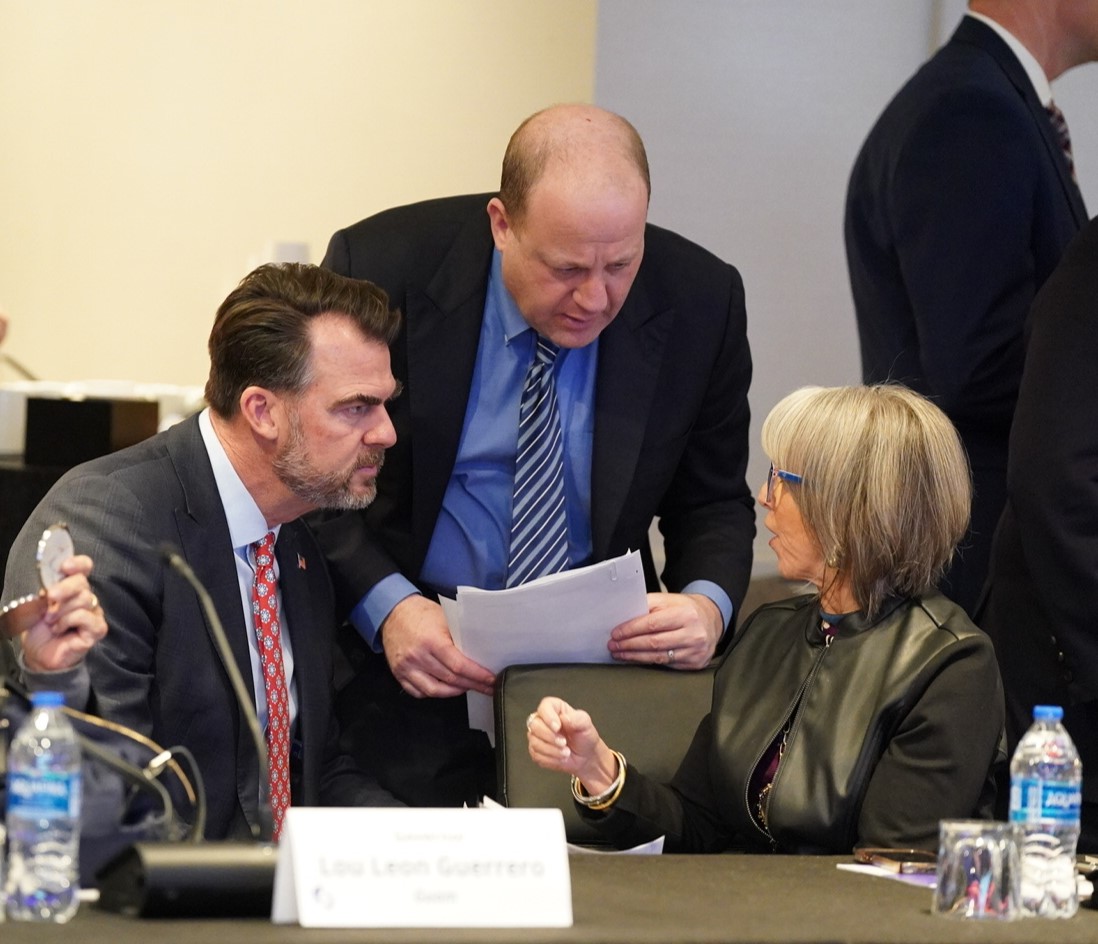This issue brief provides guidance about how states can identify which credentials meet quality thresholds and are likely to empower workers, highlights states that are leading on this issue, and offers recommendations for state policymakers.
The COVID-19 pandemic has had an unprecedented impact on the U.S. economy, resulting in more than 52 million people filing for initial unemployment benefits between mid-March and mid-July. Today, one-third of individuals in the workforce believe they will need additional education and new skills to find comparable employment if they lose their job. Moreover, thirty-five percent of adults are planning to change careers if they lose their job. Governors and states have a key role to play in helping individuals make transitions that improve their livelihood. In the short-term, displaced workers can use non-degree credentials to quickly reskill and reenter the labor market. In the long-term, policymakers should understand the variety of credentials that can be earned in diverse learning environments and modernize the process by which credentials are deemed as valuable – a win-win for workers and employers.
States also play a critical role in quality assurance, by sharing information with individuals and employers about quality credentials and credentialing bodies through a variety of programs administered by states. This includes career and technical education programs and state eligible training provider lists. This issue brief provides guidance about how states can identify which credentials meet quality thresholds and are likely to empower workers, highlights states that are leading on this issue, and offers recommendations for state policymakers. As governors reopen their state economies and citizens seek employment opportunities, there are several recommendations states can follow to ensure they are supporting quality credentials:
- Develop standardized definitions of the different types of non-degree credentials
- Understand and assess the quality of credentials
- Ensure that non-degree credentials are accepted as college credit and embedded into degree programs
- Seek out examples of state leadership in supporting worker upskilling and reskilling, leading to quality credentials













